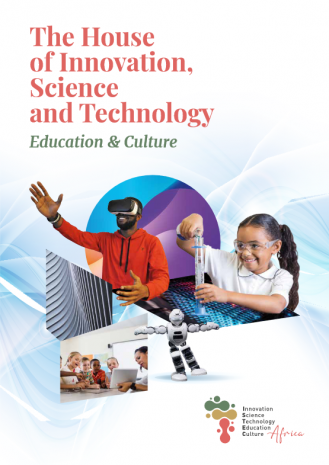Education and scientific culture are major levers for development
Inquiry-based Science Education (IBSE) significantly improves educational performance. The approach of "questioning, reasoning, experimenting, analysing, communicating" naturally improves children's ability To "read, write, count", while encouraging curiosity, sense of observation, critical thinking, perseverance and rigour. The challenge is to stimulate in young girls and boys the desire to learn, to explore phenomena and to create, just as scientists and engineers do.
These innovative pedagogical approaches require a favourable ecosystem: initial and continuous teacher education, raising awareness among the general public and all stakeholders of the interest of science and technology.
Indeed, improving science literacy is essential to better innovate and face challenges related to health, food, energy or environment, at the level of the community, the country or humanity. Around the world, science centres have proven their relevance.
However, in Africa, they are few and far between. Out of 41 existing centres, 80% are in South Africa. To tackle this need, therefore, IAP supports the establishment of Houses of Innovation, Science and Technology in Africa, as areas of convergence between educational structures, the scientific community and the general public.
Taking advantage of new technologies, benefiting from digital resources and integrated into scientific knowledge networks, these houses will be efficient models that can be replicated in many different places.

